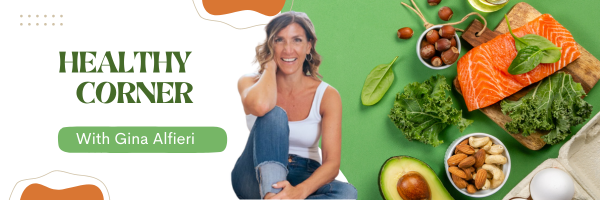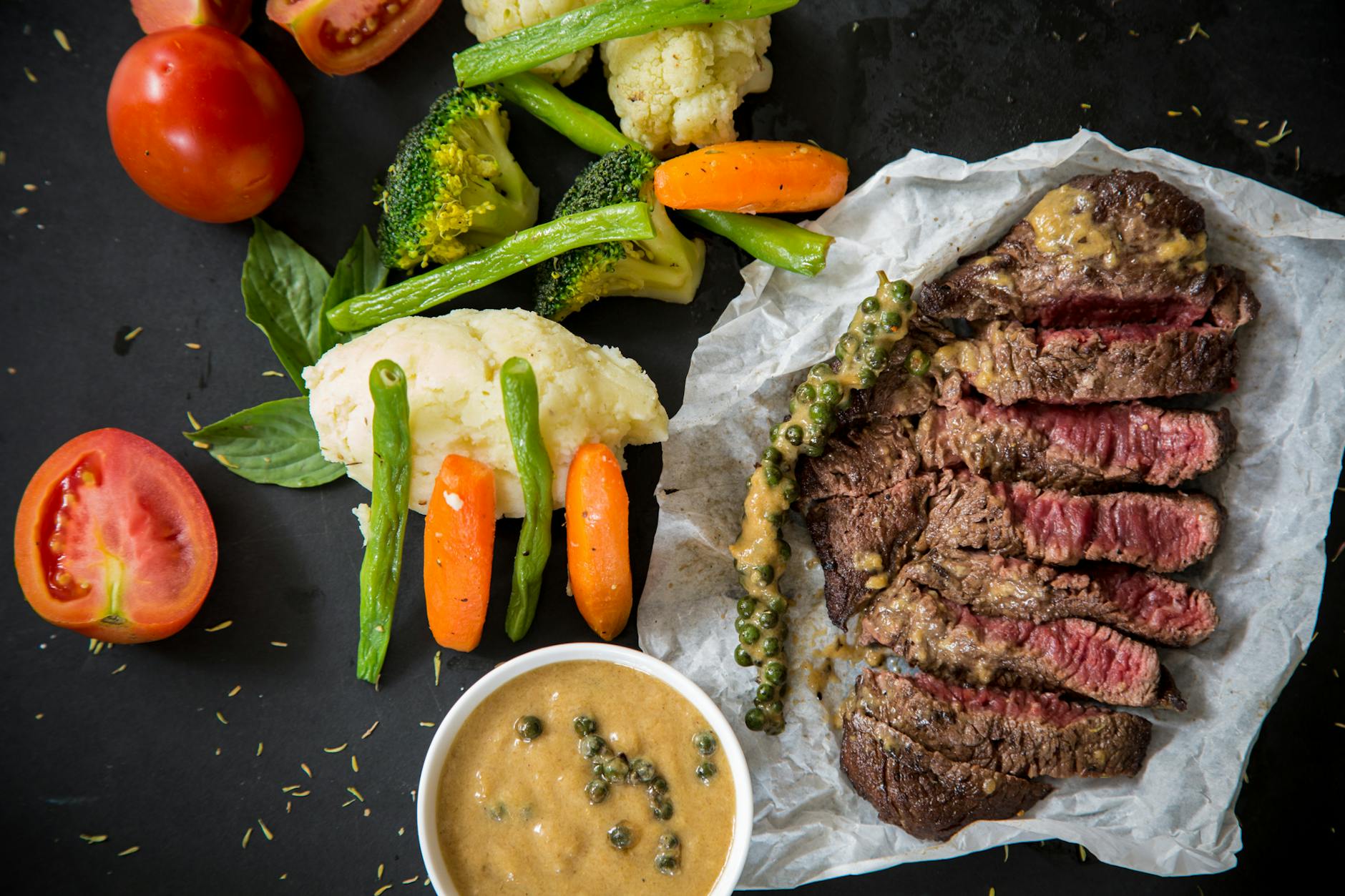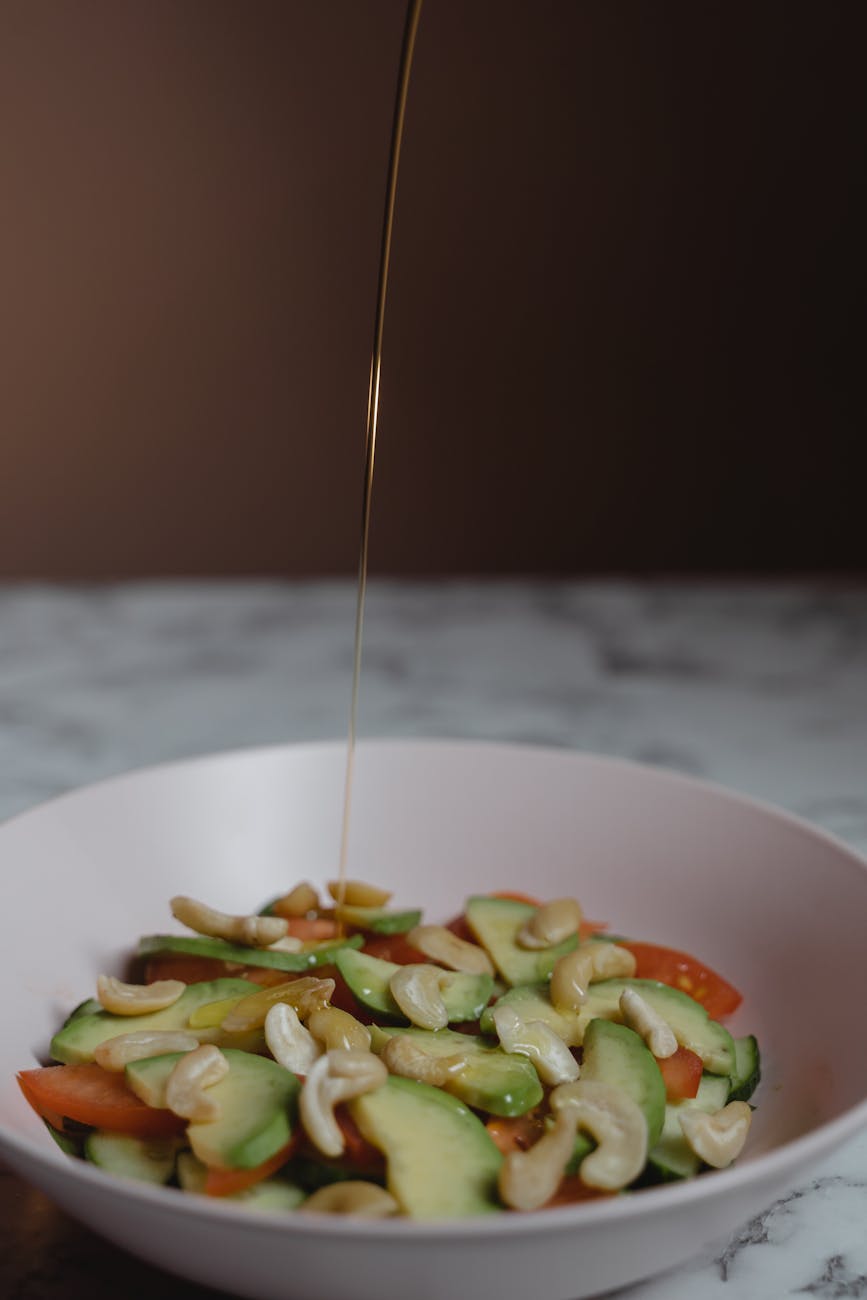
Macronutrients for Peak Performance
Macronutrients are the nutrients required in large amounts by the body to provide energy and support growth, metabolism, and other bodily functions. They are essential components of a balanced diet and include carbohydrates, proteins, and fats. Each macronutrient serves different roles in the body
1) Carbohydrates:
- Function: Primary source of energy for the body, particularly the brain and muscles during exercise.
- Best Sources: Whole Grains, whole fruits (skin on when possible), vegetables, legumes, and root vegetables.
2) Proteins:
- Function: Essential for building and repairing tissues, producing enzymes and hormones, and supporting immune function. Sufficient protein is needed to support muscle repair and growth, aid in recovery, and maintain muscle mass.
- Best Sources: Quality Meat, poultry, fish, eggs, organic dairy products, legumes, nuts, seeds, and some grains.
- Amino Acids: Proteins are made up of amino acids, some of which are essential and must be obtained from the diet.
3) Fats:
- Function: Source of long-term energy, important for cell structure, hormone production, and absorption of fat-soluble vitamins (A, D, E, K).
- Best Sources: olive or avocado oil, butter, avocados, raw nuts, seeds, fatty fish, and organic dairy products (if tolerated).

Each macronutrient provides a specific amount of energy per gram:
- Carbohydrates: 4 calories per gram
- Proteins: 4 calories per gram
- Fats: 9 calories per gram
Balancing the intake of these macronutrients is important for maintaining overall health and supporting an athlete for peak performance. The ideal macronutrient breakdown for a soccer player can vary depending on their specific needs, including their training intensity, goals, and personal metabolism. However, a general guideline often recommended for soccer players to optimize performance and recovery is:
50% Carbohydrates
20-25% protein
20-30% fat
For a soccer player consuming 2,500 calories per day, it would look like this:
1250 calories from carbohydrates, or about 312 grams
500-625 calories from protein, or about 125-156 grams
500-750 calories from fat, or about 56-83 grams

If you have any questions or comments, please feel free to contact Gina at gina@zeteoholistichealth.com or on IG @gina.galla.alfieri

